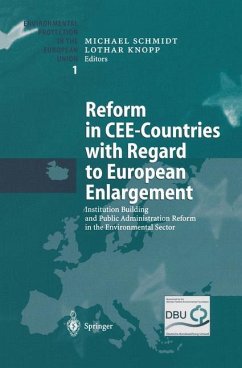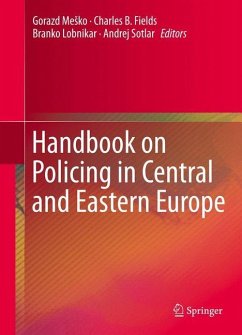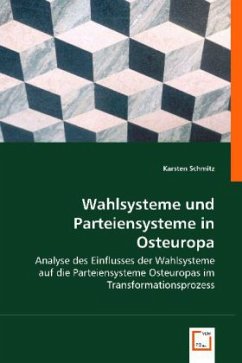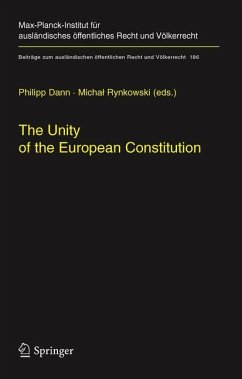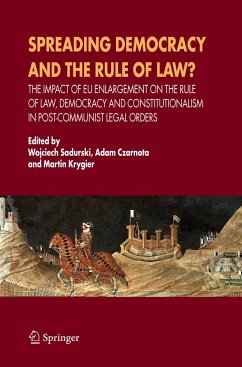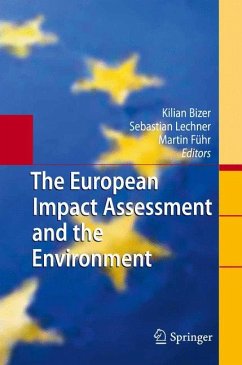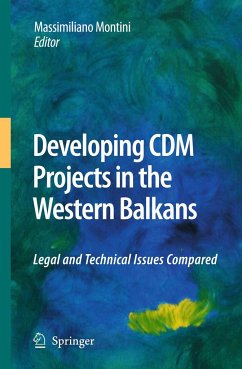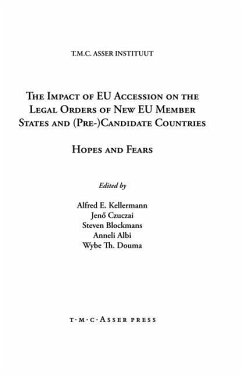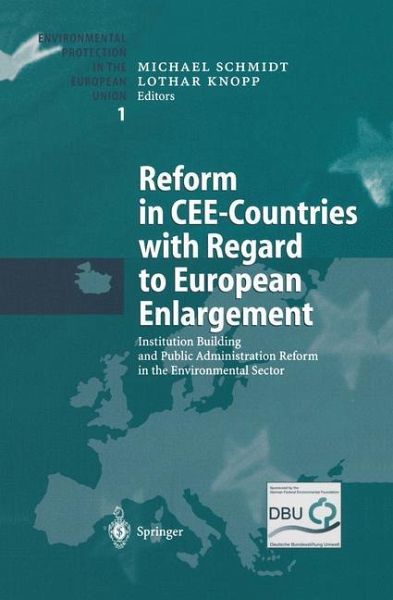
Reform in CEE-Countries with Regard to European Enlargement
Institution Building and Public Administration Reform in the Environmental Sector
Herausgegeben: Schmidt, M.; Knopp, L.
Versandkostenfrei!
Versandfertig in 1-2 Wochen
77,99 €
inkl. MwSt.

PAYBACK Punkte
39 °P sammeln!
In May 2004, a series of countries, most of them in Central and Eastern Europe, will become new member states of the EU. The institutional reforms necessary to cope with this enlargement of the EU are prescribed by The Treaty of Nice of 26 February 2001. This volume contains the papers discussed at a conference held at Brandenburg University of Technology, on the guidelines, instruments and programmes available to facilitate the accession of CEE countries to the EU, taking Poland as an example. The main topics of the conference were EC law, particularly EC administrative and environmental law ...
In May 2004, a series of countries, most of them in Central and Eastern Europe, will become new member states of the EU. The institutional reforms necessary to cope with this enlargement of the EU are prescribed by The Treaty of Nice of 26 February 2001. This volume contains the papers discussed at a conference held at Brandenburg University of Technology, on the guidelines, instruments and programmes available to facilitate the accession of CEE countries to the EU, taking Poland as an example. The main topics of the conference were EC law, particularly EC administrative and environmental law and their incorporation into national law, organizational and administrative mechanisms necessary to carry out this process, as well as the latest EU development programmes for CEE accession countries.



